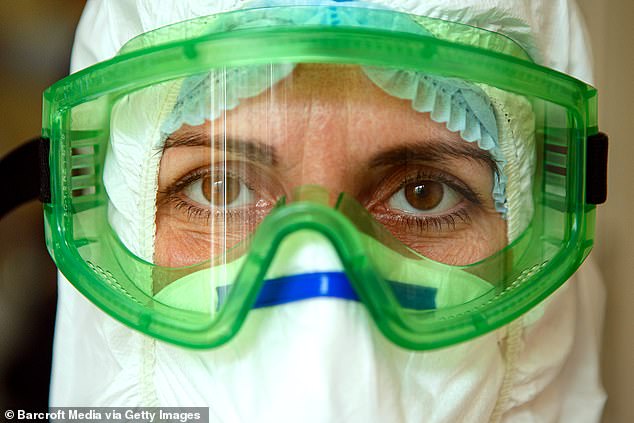University of Minnesota Medical School physician researchers studied hydroxychloroquine as a treatment to prevent COVID-19 for those with high-risk for exposure to the virus—health care workers.
The pre-exposure prophylaxis trial results, which were published in Clinical Infectious Diseases, determined that taking 400mg of hydroxychloroquine once or twice weekly did not prevent the development of COVID-19 in health care workers better than the placebo.
“This randomized placebo-controlled trial launched on April 6, with the objective of evaluating whether or not hydroxychloroquine taken once or twice weekly in health care workers at high risk for COVID-19 exposure could prevent COVID-19 infection,” said principal investigator Radha Rajasingham, MD, an infectious diseases physician and researcher at the U of M Medical School.
The double-blind trial enrolled 1,483 health care workers and first responders from across the U.S. and Canada. Participants were randomly assigned to receive once-weekly hydroxychloroquine, twice-weekly hydroxychloroquine or placebo. Participants were followed for a minimum of four weeks and up to twelve weeks to evaluate who developed COVID-19.
Overall, 7.9% assigned the placebo developed COVID-19, while 5.9% assigned hydroxychloroquine developed COVID-19. Those results were not statistically significant, meaning there was not a meaningful difference between hydroxychloroquine and the placebo. Side effects were reported in 21% of participants assigned the placebo; 31% in the once-weekly hydroxychloroquine group and 36% in the twice-weekly hydroxychloroquine group. The most common side effects were nausea, upset stomach and diarrhea. There was no increased risk of serious side effects or cardiac complications from taking hydroxychloroquine compared to the placebo.
University of Minnesota


